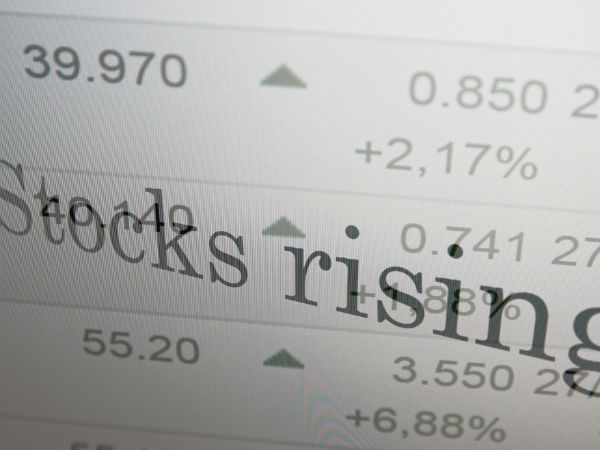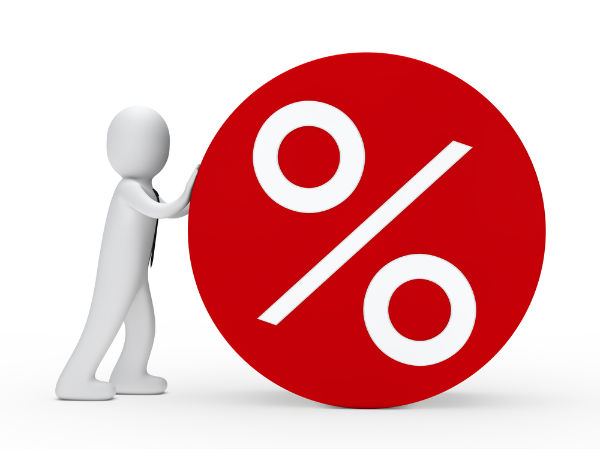Investing In Dividend Stocks? Know Pros And Cons Of Investing In Stocks That Offer Dividends
Dividends are a portion of a company's profits that are dispersed to its shareholders in proportion to the number of shares they own. Simply put, it is the amount of net profit distributed to the company's shareholders. It is compensation for shareholders who take risks by putting their money in a firm in order to make money. Many investors want dividends to not only be paid but to grow over time. As a result, managers place a high priority on earning cash to meet these dividend payments. They must next consider how to invest any retained earnings at the highest potential rate of return in order to grow the dividend in the future. Companies that do not pay dividends often reinvest their earnings in the company's growth, which can lead to bigger rises in share price and value for shareholders.

Investing in stocks that offer Dividends
Dividend-paying stocks are advantageous to shareholders. This is due to the fact that investors can get a regular income from their equity investment while continuing to retain the shares in order to profit from additional share price appreciation. Dividends are money in your pocket as the stock market rises and falls. Check upcoming dividends to watch out for in June 2021.
Companies that have a track record of paying regular dividends year after year tend to be better managed because they are conscious that they must provide cash to their shareholders four times a year. Companies with a lengthy history of paying dividends are often large-cap, well-established companies.

Investing in stocks without Dividends
Why would anyone want to put their money into a business that doesn't pay out dividends? In reality, there are a number of advantages to investing in equities that do not pay dividends. Companies that do not pay dividends on their stock often reinvest the money that would have gone to dividend payments towards the company's expansion and overall growth. This suggests that their stock prices are likely to rise in value over time. When the investor's shares are ready to be sold. Dividends are paid on particular dates, one should know different dates related to the dividends.
Companies that don't pay dividends may use the money from future dividend payments to buy back stock on the open market, which is known as a "share buyback." If fewer shares are available on the open market, the company's earnings per share (EPS) should potentially rise.

Pros of investing in Dividend Stocks
Passive Dividend Income Stream
Dividend stocks are stocks that provide cash dividends to their shareholders. It's one of the ways dividend investors profit. Most investors like dividend stocks because they can give a consistent stream of income with little or no effort, similar to interest from a bank account but with a higher potential for profit.
Reinvestment of Dividend
When you utilize your dividend profits to buy more shares of a company's stock, you'll make more money because each share you buy generates its own regular dividend distribution. Dividends from stocks can be used to acquire other equities, allowing you to realize the benefits of dividend reinvestment. If you wish to diversify your portfolio, you can utilize that money to invest in alternative investment alternatives such as bonds, gold, and so on.

Advantages of investing in Dividend Stocks
Dividends protect against bad markets
Many of your favourite stocks' share prices may decline during a bear market or a correction. As a result, you might not be able to profit from stock capital appreciation. Even if your portfolio is down, you can still get a nice dividend income provided you have the correct dividend stocks in your portfolio. These 5 Dividend Stocks provided capital appreciation higher than Nifty.
Dividends are low risk
Dividend stocks are typically issued by significant companies that operate in a certain economy. Such businesses already have a substantial market presence, which helps to mitigate the risk component. Due to a largely retained profit foundation, unfavorable market swings have little impact on the productive potential of such businesses.
Dividends provide double income
If your invested stock increases by 30% in the next three years and you earn a 3% dividend return from the same investment, the overall earnings are far more than the capital appreciation alone. When compared to investing in companies that do not pay dividends, you can make twice as much money here.

Cons of dividend stock investing
Capital gains
Dividend stocks do not result in capital gains for investors because the unit stock values of such large-cap firms do not fluctuate much with stock market volatility. As a result, such shares are not ideal for short-term investment objectives, as price fluctuations between such time periods are minor.
Dividend stocks can expensive
Large-cap enterprises, such as industry giants and global enterprises, are the most common issuers of shares connected with regular dividend payouts. As a result, the securities issued have a high value. Furthermore, because most people like to hold on to such shares after purchasing them, finding a buyer in the market may be difficult.

Disadvantages of dividend stock investing
Dividend Cuts
The worst-case scenario is this, Dividends are not a contractual duty, and a firm may choose to reduce dividends at any time. Furthermore, when a corporation reduces dividends, the stock price drops dramatically because the public perceives it as a negative sign. As a result, dividend investors may be in for a double whammy.
High dividend payout risks
A high dividend distribution indicates that the company is paying out a significant amount of its income to its shareholders. For instance, if a corporation makes a profit of Rs 100 crores in a financial year and pays out Rs 85 crores in dividends, the dividend payout ratio is 85%.

Who should consider investing in Dividend Stocks?
Investing in dividends is not a strategy that investors should take lightly. This method necessitates a significant amount of time and research, and it carries the same hazards as other types of investment. However, understanding the benefits and drawbacks of dividend investing is a solid starting point for determining whether or not this popular and rapidly increasing style of investing is suited for you. Equity shares that pay out large dividends on a regular basis are appropriate for investors searching for long-term investments with a high level of corpus security. Such shares might be included in the portfolios of novice investors looking for other ways to achieve larger returns through the stock market. Dividend stocks are generally less hazardous than non-dividend stocks, but before attempting to use them as part of your investment portfolio strategy, you should familiarise yourself with both the benefits and drawbacks of dividend investing.
































